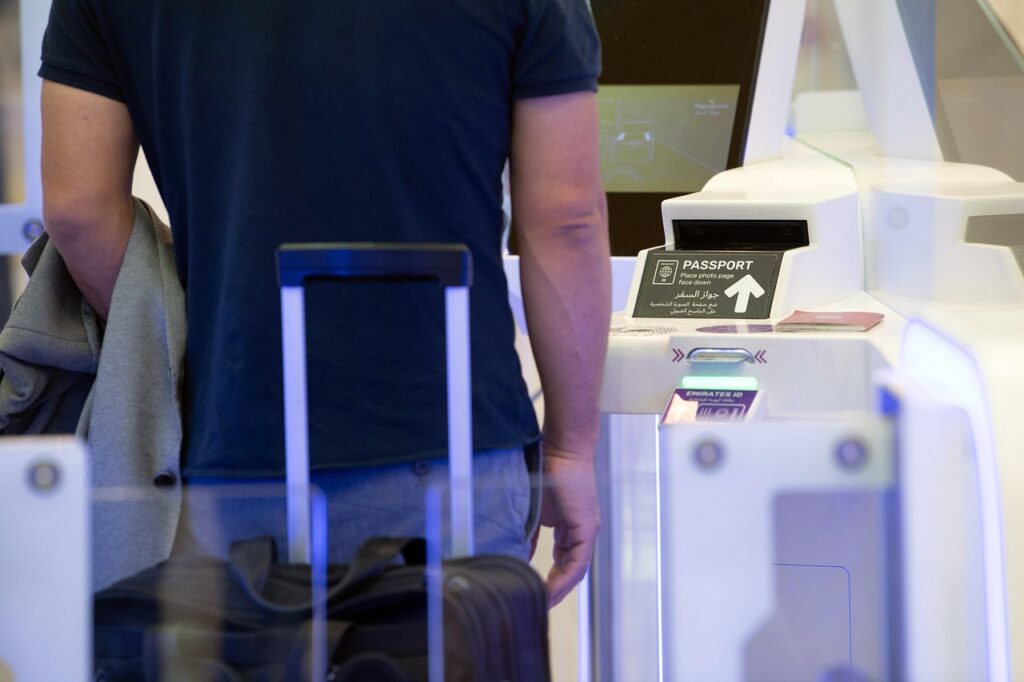The European Parliament’s transport committee has approved a landmark proposal to ban airlines from charging extra fees for carry-on luggage on flights within and to/from the EU, potentially coming into effect as early as July 2025.
Under the new rules, passengers will be entitled to bring one cabin bag weighing up to 7 kg and measuring no more than 100 cm in total dimensions (length + width + height), plus one smaller personal item such as a handbag or laptop bag, free of charge. This aims to standardize hand luggage allowances across all carriers and eliminate surprise fees, especially on budget airlines where ancillary charges have become a significant revenue source.
The move is part of a broader package of passenger rights reforms, which also includes clearer definitions of “extraordinary circumstances” for flight disruption compensation, a unified refund claim form, and protections ensuring children under 12 sit with guardians and passengers with reduced mobility can travel with an accompanying person at no extra cost. If finalized through negotiations with EU member states, the regulation will apply to all flights departing from or arriving in the EU, potentially including flights by EU-based carriers to the UK.
While airlines warn that banning carry-on fees might lead to higher base ticket prices or reduced fare options, consumer advocates and EU lawmakers emphasize that the measure will bring greater transparency and fairness to air travel costs. Travelers can expect easier budgeting with no hidden baggage fees, though some slight ticket price adjustments may occur as airlines restructure their pricing models.
Key Points:
- Passengers allowed one cabin bag (up to 7 kg, max 100 cm total size) plus one personal item free of charge on EU flights.
- Applies to all flights within, arriving, or departing from the EU; possibly includes UK flights by EU carriers.
- Part of wider passenger rights reforms enhancing compensation rules and protections for vulnerable travelers.
- Airlines raise concerns about potential fare increases; consumers gain from clearer, upfront pricing.
- The proposal still requires approval from EU member states before becoming law.
















More Stories
Poland’s High-Tech Border Revolution: EES Ushers in New Era
Singapore Airlines Soars: Premium Boom Fuels 2026 Travel Surge
Greece Blends History & Flavors: Gastronomy Tourism Revolution